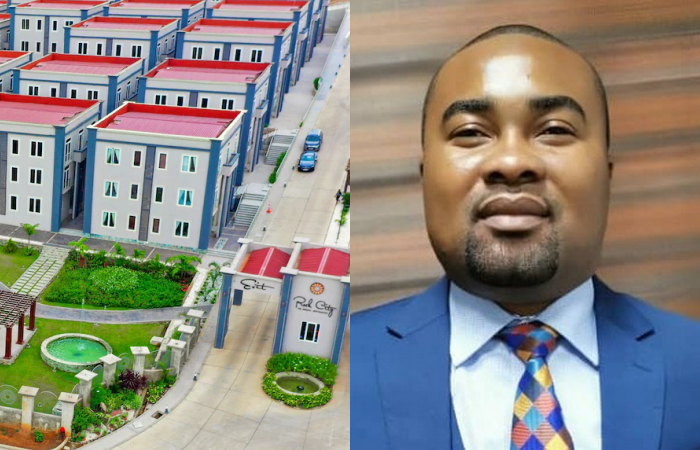The political landscape in Ghana is heating up as the New Patriotic Party (NPP) gears up for its 2028 presidential primaries. Dr. Razak Kojo Opoku, founder of the UP Tradition Institute, has ignited a debate by challenging the substance behind the “rich ideas” often touted by political figures, particularly taking aim at former Vice President Dr. Mahamudu Bawumia. Dr. Opoku’s critique centers on the need for tangible results and demonstrable impact, arguing that political rhetoric must translate into visible improvements in the lives of Ghanaians. He contrasts Dr. Bawumia’s approach with that of Dr. Bryan Acheampong, a former Minister of Food and Agriculture and NPP flagbearer hopeful, whom he lauds for fostering concrete development in his constituency. This sets the stage for a potential clash of ideologies within the NPP, focusing on the efficacy and practical application of proposed policies.
Dr. Opoku’s endorsement of Dr. Acheampong highlights a growing sentiment within the party that favors demonstrable achievements over theoretical pronouncements. He points to the visible transformation in Dr. Acheampong’s hometown as evidence of his effective leadership and policy implementation. This emphasis on localized impact serves as a direct challenge to other aspirants, implicitly questioning the effectiveness of their “rich ideas” if they haven’t yielded similar tangible results in their respective constituencies. The challenge posed by Dr. Opoku underscores the evolving political discourse within the NPP, shifting the focus from grand narratives to practical achievements and measurable outcomes.
The comparison drawn between Dr. Bawumia and Dr. Acheampong underscores a critical debate within the NPP: the balance between conceptualizing policy and effectively implementing it. While Dr. Bawumia has been recognized for his intellectual contributions and economic expertise, Dr. Opoku’s critique implicitly questions the practical application of these ideas and their impact on the ground. By highlighting Dr. Acheampong’s localized achievements, he implicitly advocates for a more pragmatic approach, prioritizing demonstrable results over theoretical frameworks. This sets up a potential ideological divide within the party, pitting those who prioritize intellectual rigor against those who emphasize practical implementation and tangible outcomes.
Dr. Opoku’s statement can be interpreted as a strategic move to elevate Dr. Acheampong’s profile within the NPP leadership race. By publicly praising his achievements and contrasting them with the more abstract “rich ideas” of other contenders, Dr. Opoku effectively positions Dr. Acheampong as a results-oriented leader. This tactic aims to resonate with party members and voters who are increasingly seeking evidence of practical improvements in their lives. By framing the debate around tangible development, Dr. Opoku seeks to establish Dr. Acheampong as a viable alternative to candidates who may be perceived as prioritizing theoretical concepts over practical application.
The timing of this intervention is crucial as the NPP begins the process of selecting its next flagbearer. Dr. Opoku’s comments inject a new dimension into the leadership contest, forcing candidates to demonstrate the real-world impact of their proposed policies. This emphasis on demonstrable results could reshape the political landscape within the NPP, potentially favoring candidates with a proven track record of effective implementation. It also sets a higher bar for aspirants, requiring them to go beyond theoretical pronouncements and provide concrete examples of how their ideas have translated into tangible benefits for Ghanaians. This shift in focus could have a significant impact on the outcome of the NPP primaries and ultimately shape the party’s direction in the lead-up to the 2028 elections.
The broader implication of this debate extends beyond the internal dynamics of the NPP. It reflects a growing demand for accountability and tangible results across the Ghanaian political spectrum. Citizens are increasingly scrutinizing the performance of their elected officials, demanding evidence of real progress rather than simply accepting promises of future prosperity. This growing demand for demonstrable results will likely influence the political strategies of all parties, requiring them to prioritize practical solutions and demonstrate a clear connection between their policies and the lived experiences of Ghanaians. The focus on tangible outcomes, as championed by Dr. Opoku, is likely to become a defining factor in future elections, shaping the political discourse and influencing the choices made by voters.














